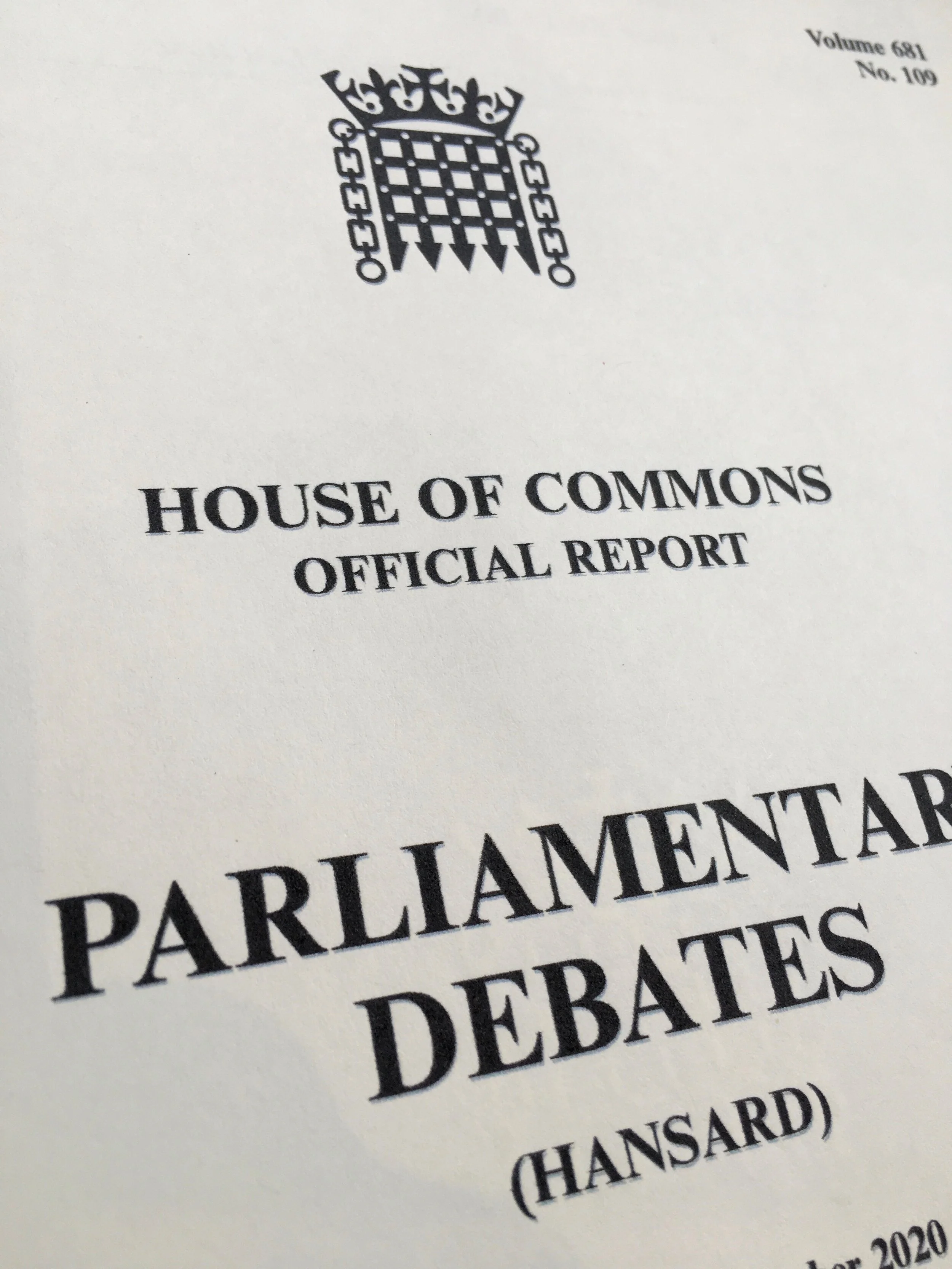A new report has recommended that a Faiths Commissioner be appointed to champion faith groups across Government.
Keeping the Faith has been published today by the All-Party Parliamentary Group for Faith and Society and the Faiths & Civil Society Unit at Goldsmiths, University of London, found that collaboration between local authorities and faith groups dramatically increased during the COVID-19 pandemic.
A survey was sent to all 408 local authorities in the UK and 55 in-depth interviews were conducted with local authority leaders and co-ordinators of faith-based projects across 10 sample local authorities.
Over two-thirds of local authorities surveyed reported that there had been an increase in partnership working with faith groups since the start of the pandemic. 91% of local authorities described their experience of partnership with faith groups as ‘Very Positive’ or ‘Positive. And 76% of local authorities expect that new partnerships undertaken with faith groups during the pandemic will continue afterwards.
The appointment of a Faiths Commissioner would underpin the development of three further initiatives to strengthen relationships between local authorities and faith groups:
Encouraging the nationwide and widespread adoption of the All-Party Parliamentary Group on Faith and Society’s Faith Covenant.
Developing a toolkit – drawing on the Faith Covenant – for each local authority developed jointly by the Ministry for Housing, Communities and Local Government and the All-Party Parliamentary Group on Faith and Society.
Establishing a new “Faiths Advisory Council” to develop more effective ways for faith groups, and Government to engage in strategic planning.
Chair of the All-Party Group for Faith and Society, Rt Hon Stephen Timms MP said: “Since 2012, the APPG has been encouraging collaboration between local councils and faith groups, and working to overcome the mistrust which can sometimes mark their relationships. This report shows that this finally seems to be happening at a significant scale.
“Many Councils have turned to churches, and to other faith groups, to help, particularly to provide food to people who would otherwise go without.
“Public policy has often implicitly assumed that religious faith is on the way out. This fascinating report underlines that, in Britain in 2020, faith groups have vital resources which are crucial for community wellbeing. We need our public institutions to be able to work confidently with people whose starting point is religious faith and to tap into the moral perspectives, the experience of running practical initiatives, and the insights into how policy is influencing people’s lives in local contexts, which faith communities can offer.
“All of us in Parliament need to take heed, and to work out the implications for public policy.”
Professor Chris Baker, Co-Director of the Faiths and Civil Society Unit at Goldsmiths, University of London said: “This research highlights a significant change in how local authorities see the role of faith groups as a result of the pandemic.
In the old normal, partnership was seen as what faith groups could do for local authorities. There is now a strong commitment to build on the new normal where partnership is seen as doing ‘with’ not ‘for’, especially around sharing good practice and the common values that underpin that practice.”
The research was made possible by funding from the Sir Halley Stewart Trust, and the project is being supported by the Trussell Trust and the Good Faith Partnership.














